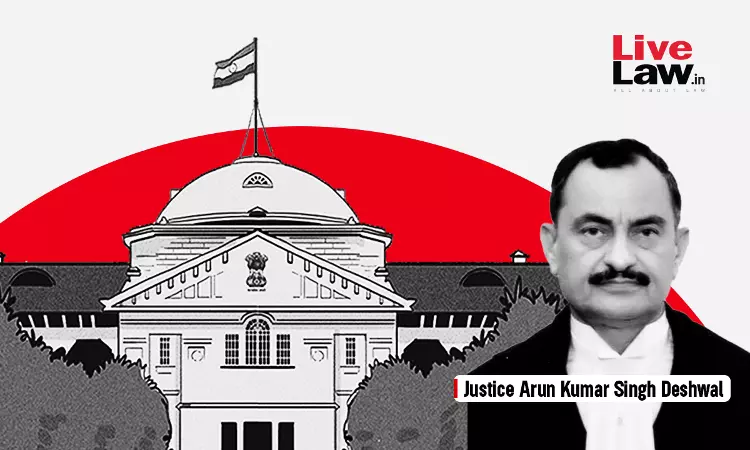S. 138 NI Act | Demand Notice Sent To Cheque Drawer Via Email/WhatsApp Is Valid: Allahabad High Court
Sparsh Upadhyay
13 Feb 2024 12:26 PM IST

Next Story
13 Feb 2024 12:26 PM IST
In a significant ruling, the Allahabad High Court has held that a demand notice sent to the drawer of a cheque through 'email or WhatsApp' under Section 138 of the Negotiable Instrument for the dishonour of a cheque, is a valid notice and the same shall be deemed to be dispatched and served on the same date, if it fulfils the requirement of Section 13 of the Information Technology Act....
